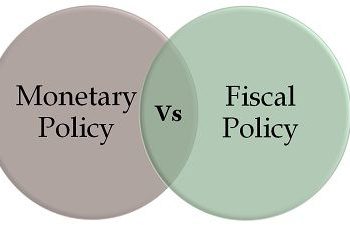Joseph Kuria Irungu, popularly known as Jowie, has been handed a death sentence for the 2018 murder of Monica Kimani. While the death penalty remains on the books in Kenya, its application and implications are complex and have evolved over time.
The Death Penalty in Kenya
The Kenyan constitution permits the death penalty for offenses such as treason, murder, and robbery with violence. However, no executions have taken place since 1987, when individuals were executed in connection with a coup attempt.
Former Presidents Mwai Kibaki and Uhuru Kenyatta commuted all death sentences to life imprisonment in 2009 and 2016, respectively. This means that individuals previously sentenced to death would instead serve life sentences until their natural death, with little prospect for early release.
Legal Considerations
In 2017, the Supreme Court declared the mandatory nature of the death penalty unconstitutional, leading to the creation of a taskforce to review the mandatory death sentence. This ruling aimed to provide judges with discretion in sentencing, rather than imposing a mandatory death sentence.
The court of appeal has also weighed in on the constitutionality of the death penalty, ruling in 2013 that it should be a possibility rather than the only penalty for offenses such as robbery with violence.
What It Means for Jowie Irungu
In Jowie Irungu’s case, the death sentence handed down by Judge Nzioka is a symbolic ruling, as no executions have taken place in over three decades. However, it carries significant weight and implications.
Firstly, the ruling reflects the court’s assessment of the severity of the crime, deeming it a premeditated and intentional act without provocation or self-defense claims.
Secondly, while Jowie Irungu’s sentence may ultimately be commuted to life imprisonment, as per previous presidential orders, this would likely mean serving a life sentence until his natural death, with minimal prospects for early release.
The death sentence also carries a symbolic message, underscoring the gravity of the offense and the justice system’s stance on such heinous crimes.
As the debate around the death penalty continues in Kenya and globally, Jowie Irungu’s case has reignited discussions on the appropriateness, fairness, and deterrent effect of capital punishment.


















